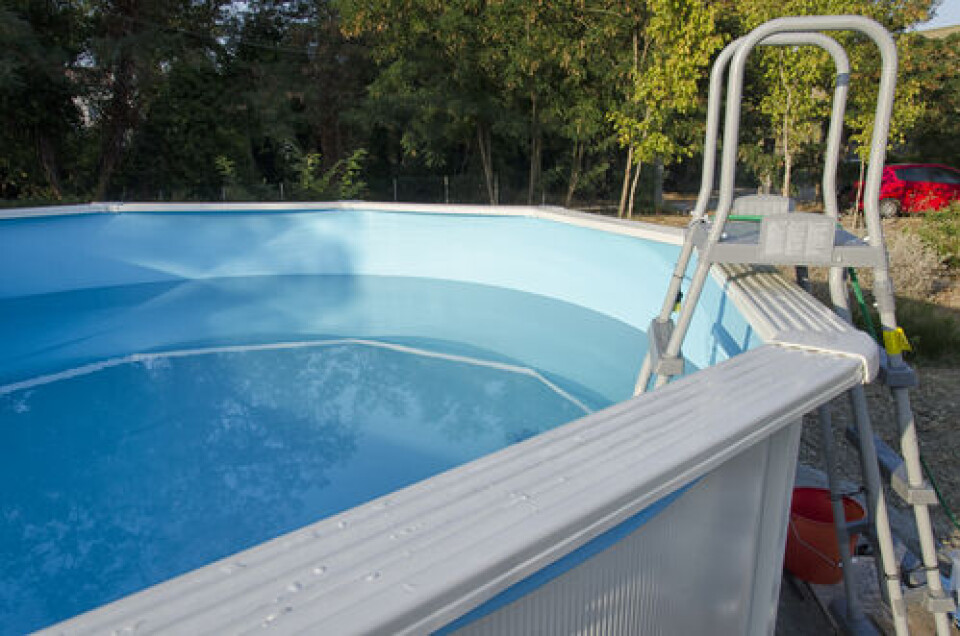-
Paper tax forms reduced in France as more switch to online declarations
You can still request paper version for physical declaration
-
Hosting scheme in south-west France lets newcomers sample lifestyle
Households in nine Dordogne communes volunteer under Mes Nouveaux Voisins scheme
-
Useful vocabulary to help understand your French income declaration
These 25 words and phrases are likely to crop up
Are above ground pools subject to the taxe foncière in France?
We look at which types of swimming pools are subject to local taxes

Reader Question: Regarding your recent article on checks being carried out for undeclared pools, can you confirm please that above ground pools are not subject to the swimming pool taxes?
When thinking about installing a swimming pool on your French property, you should be aware of the taxes that could be involved.
It was recently announced that a swimming pool detection system using artificial intelligence to spot pools which have not been declared to the tax authorities is to be rolled out across France after a successful trial in nine departments of France.
Read more: Undeclared swimming pool detection system to be used across France
There are three types of taxes that can apply to swimming pools:
-
Taxe d’aménagement - this concerns outdoor swimming pools of more than 10m², and is paid as a one-off when you receive planning permission or a déclaration préalable de travaux for the work.
It is calculated by multiplying the surface area of the pool by a fixed valeur forfaitaire (€200/m² in 2021) and then multiplying the result by a percentage rate decided by the commune and the department.
Read more: New shed or pool at your French home? Remember the taxe d’aménagement
-
Taxe d’habitation – if you still pay this tax – for example, if you are a second-home owner or have a relatively high income – having a swimming pool may affect your property’s valeur locative cadastrale (VLC), a theoretical rental value from which this tax is calculated, which can therefore increase the bill.
-
Taxe foncière – as above, some types of swimming pools are seen to increase the VLC of your property – from which taxe foncière is also calculated – and so will also increase the annual amount you have to pay.
However, these taxes for the most part only apply to pools which are either dug into the ground or built above ground in a rigid structure which cannot be moved without being demolished.
Pools that can be deflated or dismantled are not concerned by these taxes, with the possible exception of the taxe d’aménagement. The latter may be due even for pools that can be dismantled if they are going to stay up more than three months a year and are more than 10m2 in surface area and/or are situated in a conservation area.
So, some above ground pools will not affect your tax bill, while others, usually those which are fixed to the ground, will.
Permanent pools are seen as a ‘built’ structure and so must be taken into account for the calculation of both taxe d’habitation and taxe foncière.
If their area is over 10m² and they require a déclaration préalable de travaux – or, beyond 100m², full planning permission – they will also be subject to taxe d’aménagement.
If you are installing a pool which is either dug into the ground or built onto a permanent structure, you will need to declare it to the French tax authorities using this form in the 90 days after construction is finished.
You may then benefit from a partial or total exemption from taxe foncière for the next two years, depending on the rules in your area.
Related articles
Tax and planning: When and how to declare a swimming pool in France
Should France ban private swimming pool use amid drought crisis?
Swimming pool ‘squatter’ incidents on the rise in southern France
























